
|
Getting your Trinity Audio player ready... |
With blockchain going mainstream in recent years, it has made its way into the academic world. Today, some leading institutions offer blockchain courses and expansive research facilities. On Day 2 of the London Blockchain Conference 2024, leading academics discussed their role in advancing the technology and why they are in a never-ending conflict with blockchain engineers.
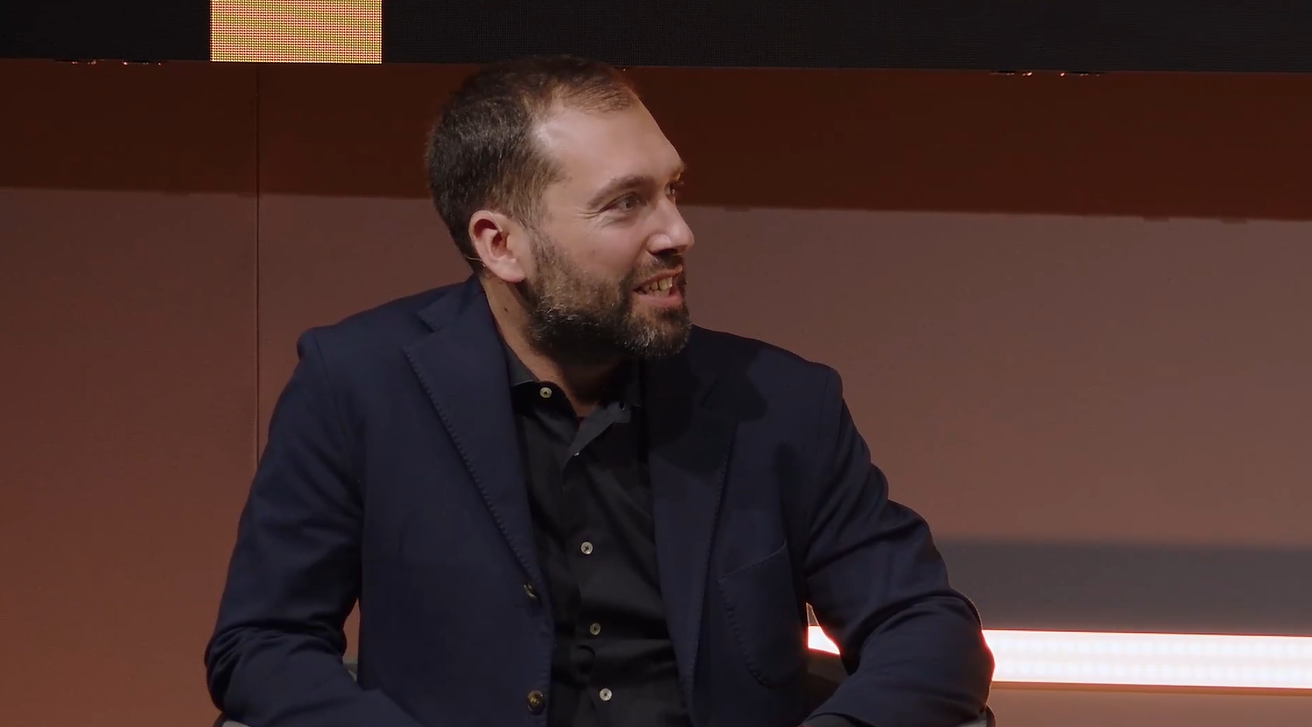
nChain‘s Alessio Pagani moderated the panel discussion and was joined on stage by University of Bath’s Tim Rogers, University College London’s Geoffrey Goodell, and Imperial College’s Pietro Ferraro. Wakuo Saito represented the University of Keio in Japan alongside DLT professor Claudio Tessone from Zurich University.
While engineers focus on an end product, researchers are more interested in the fundamentals of a technology, Rogers told the audience. This includes its consensus mechanism, how it scales, incentives for participants and predictability of results.
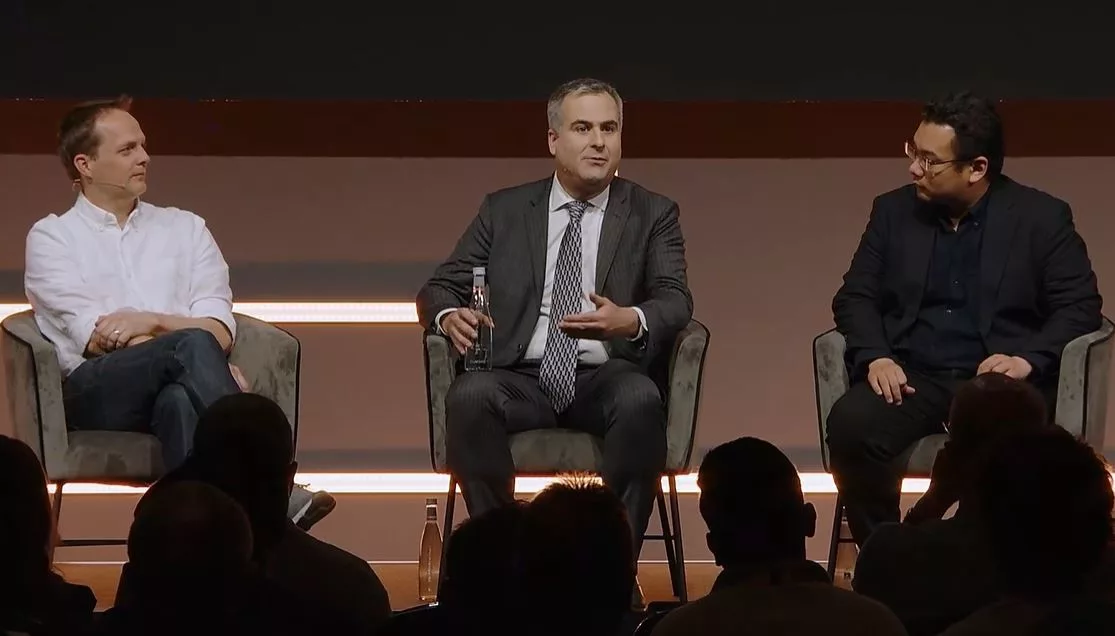
Rogers, a professor of mathematics at Bath, believes that this difference in priorities translates into eternal conflict between researchers and engineers.
“There’s a bit of tension between the two groups because they have very different attitudes to the way research is conducted,” he stated.
“Any industry is faster than academia,” Rogers added. With any technology, academia views it as a standalone subject to be studied, while engineers view it as a solution through which they can change the world, he went on.
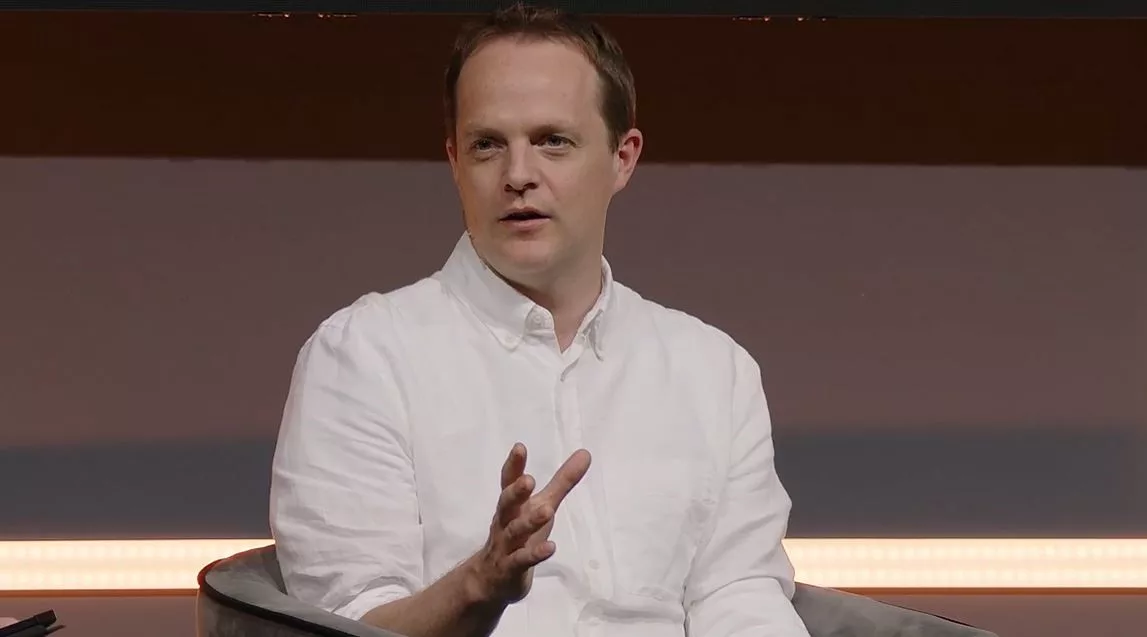
Both groups need each other, Ferraro summed up. “You need fundamental research that goes into the depths that the industry can’t afford to.”
Regulations, blockchain courses, and future trends
A key solution to inadequate blockchain research is the introduction of courses in universities focused on the technology. Many leading schools now offer blockchain courses, but according to Ferraro, it’s not near enough.
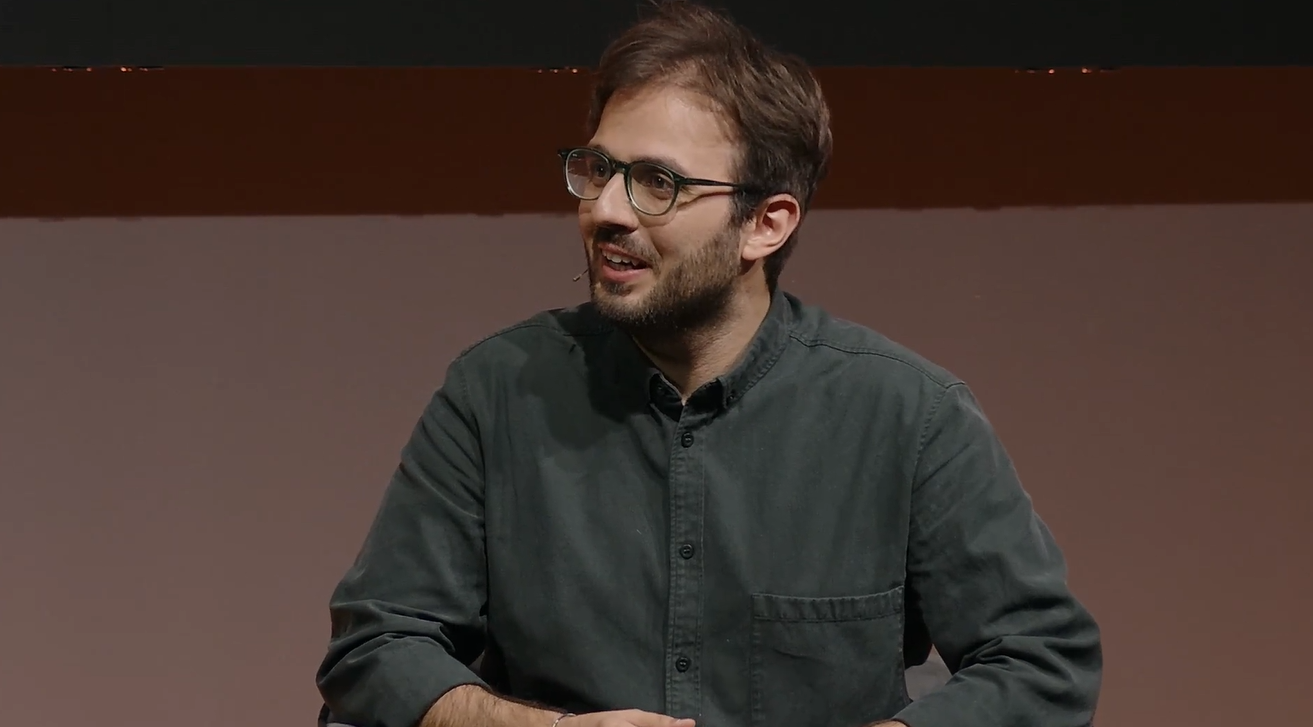
Even with a robust academia, blockchain needs all groups to work together to advance it, said Goodell. This is why the internet succeeded—several groups from diverse backgrounds came together to build the technology, with each group’s independence maintained and contribution acknowledged.
The line between academia and industry is often crossed, with several companies collaborating with research institutions to develop cutting-edge products. Saito revealed that he has been involved in one such project, hinting that Keio University has been working with nChain on a blockchain product that targets tourist payments in Japan.
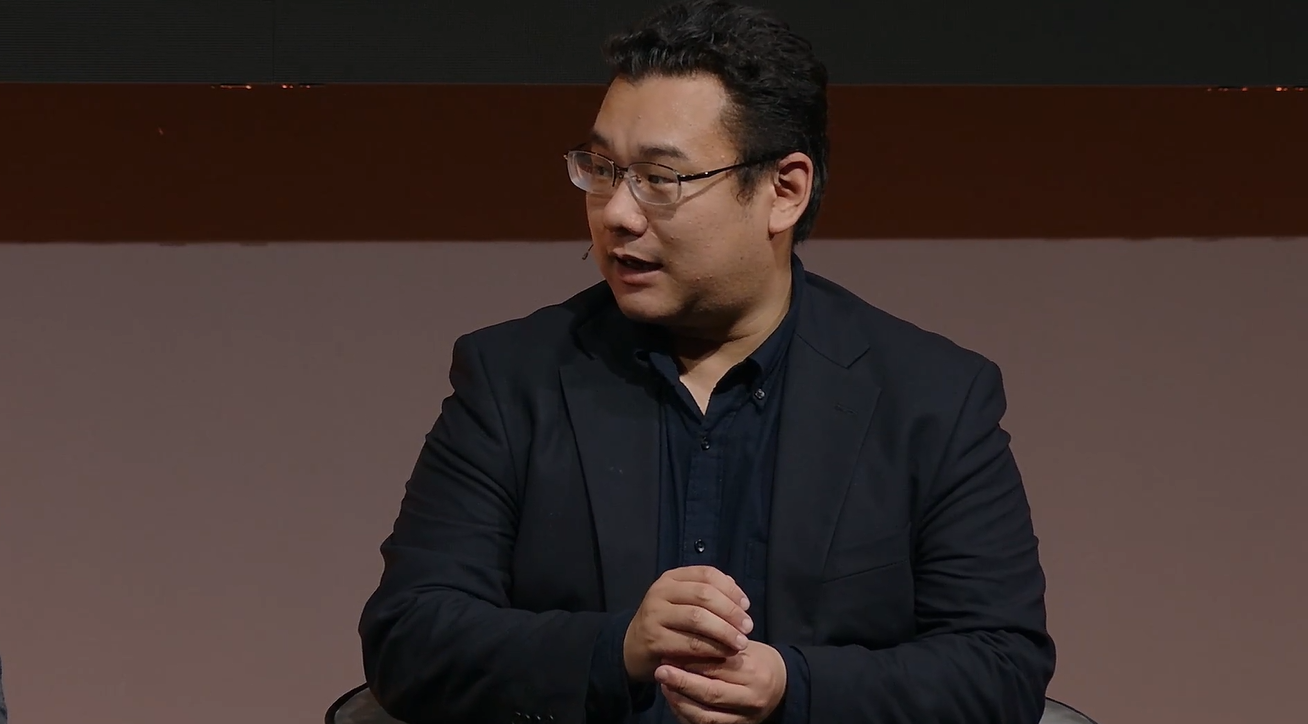
Later, at the conference, Saito took to the stage alongside nChain’s Director of Partner Strategy, Giovanni Franzese, to announce the Dento vouchers. Issued by local governments on the BSV blockchain, they will enable the 30 million tourists who visit Japan annually to pay seamlessly through QR codes at any merchant, from cabs to museums and restaurants to tour packages.
One of the challenges holding back academia from elevating blockchain is a uni-disciplinary approach by most researchers, chimed in Tessone, who founded the Blockchain Center at the University of Zurich in 2019.
“We can understand blockchain only if we look at it from an interdisciplinary point of view. We can’t look at it solely as a technological construct…we need to understand the economic incentives and financial aspects of the crypto assets. Regulations, governance and social sciences are also important in blockchain,” he told the attendees.
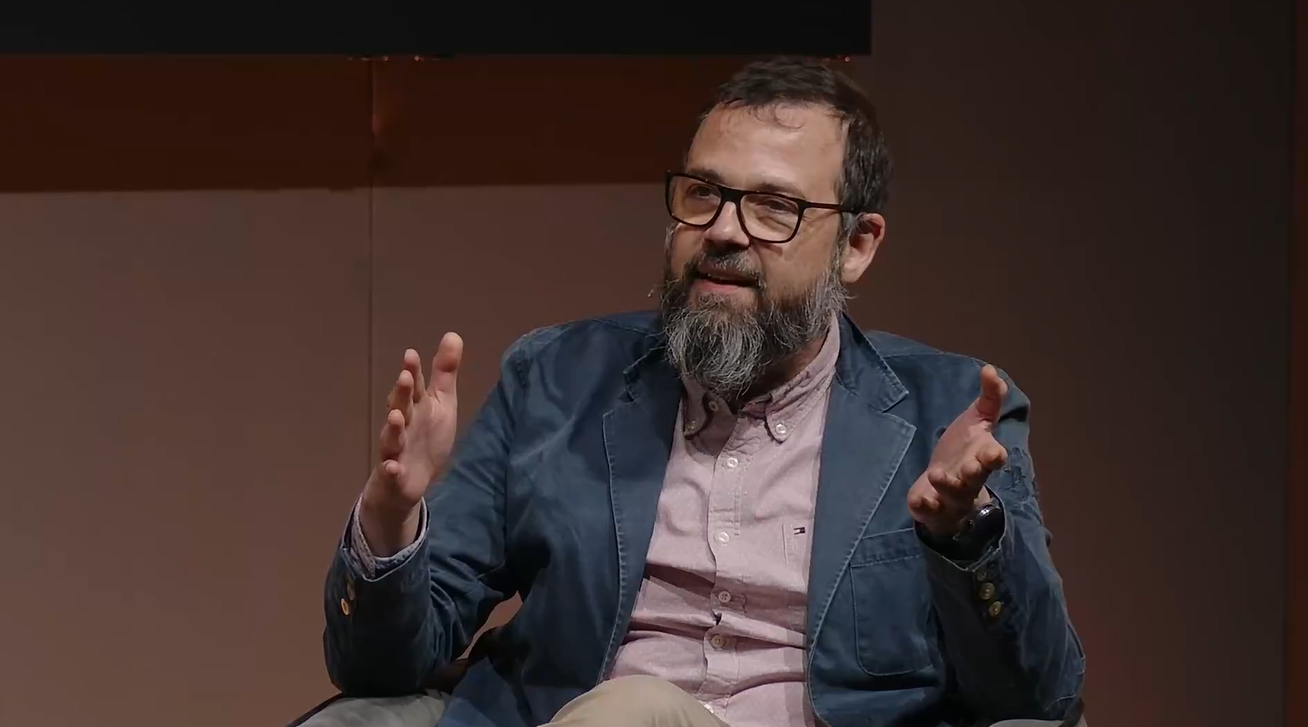
On regulations, the panelists differed on whether authorities were doing enough to guide the industry. Tessone stated that regulators in Switzerland have been proactive and offered guidelines for years, leading to a robust and thriving blockchain industry.
Rogers sympathized with regulators, noting that, unlike most disciplines, blockchain is a “moving target” that evolves rapidly.
“If you want to study physics, it’s going to be the same tomorrow as it was a hundred years ago. Blockchain evolves too fast.”
The researchers identified a lack of scaling and interoperability as two key challenges of blockchain.
“Scalability is the golden egg… that’s where researchers should focus most of their efforts if they want to bring blockchain to the market,” Ferraro summed up.
Watch: Day 2 Highlights of the London Blockchain Conference 2024
Recommended for you
Lorem ipsum odor amet, consectetuer adipiscing elit. Elit torquent maximus natoque viverra cursus maximus felis. Auctor commodo aliquet himenaeos fermentum
Lorem ipsum odor amet, consectetuer adipiscing elit. Accumsan mi at at semper libero pretium justo. Dictum parturient conubia turpis interdum

 11-22-2024
11-22-2024


